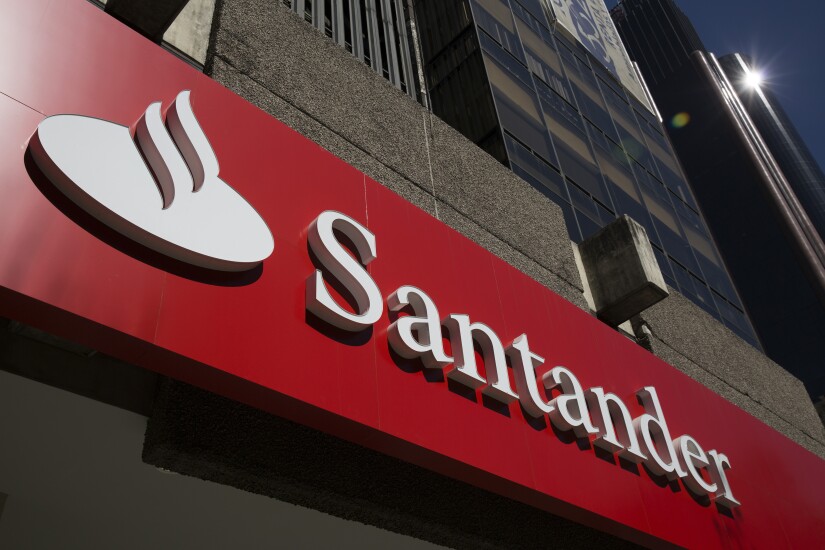Travelers in China can now add Visa and Mastercard to WeChat Pay and Alipay, providing a boost for the country's tourism industry as it tries to recover from the pandemic. Additionally, British regulators may delay plans to tighten the rules for by now/pay later lenders, partly based on concerns that some of the largest lenders may depart the market.
Here's what's happening around the world.













